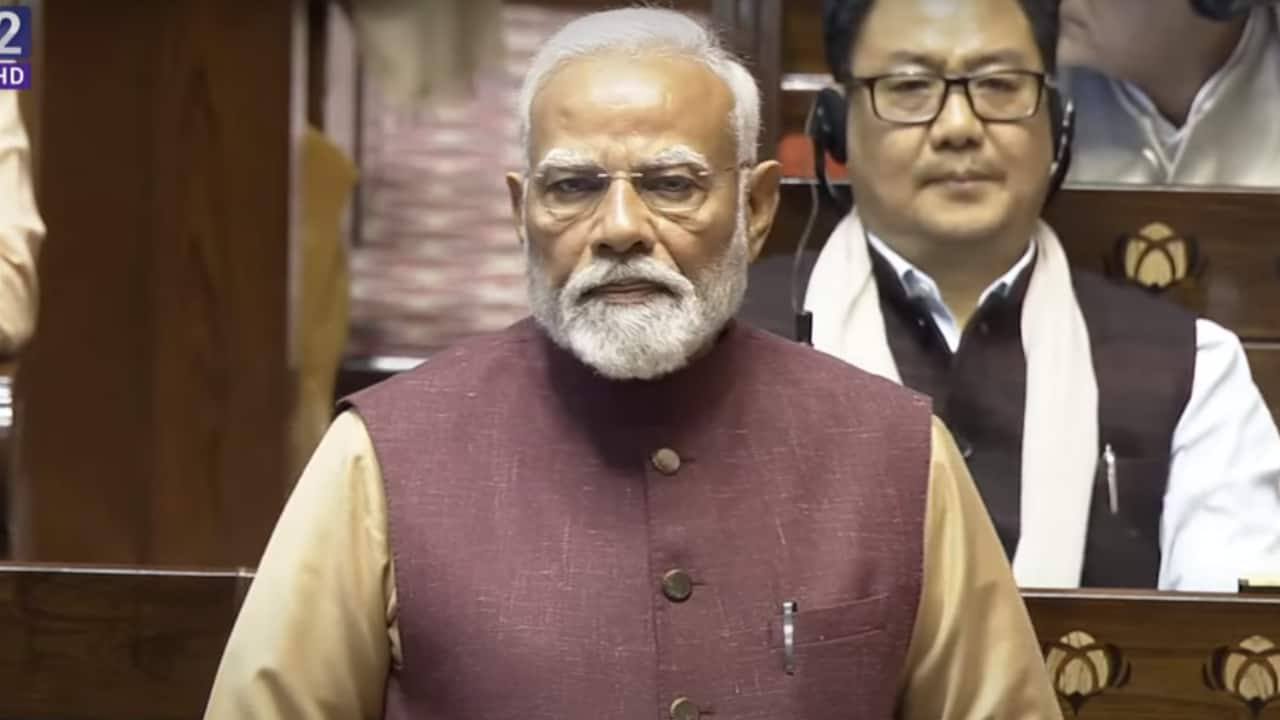 |
|
Prime Minister Narendra Modi's recent address to the Rajya Sabha regarding the Uniform Civil Code (UCC) has ignited a renewed national conversation about the complexities of personal laws in India. His assertion that the UCC is in harmony with the wishes of the Constitution's framers is a powerful statement, setting the stage for a potentially transformative legal and social shift. However, this statement alone is insufficient to fully understand the implications and controversies surrounding the UCC. A deeper dive into the historical context, the arguments for and against the UCC, and the potential societal consequences is necessary to fully grasp its significance.
The historical context is crucial. India's diverse religious and cultural landscape has resulted in a complex patchwork of personal laws, governing matters such as marriage, divorce, inheritance, and adoption. These laws, often rooted in religious texts and traditions, vary significantly across different religious communities. The debate surrounding the UCC is not new; it has been a subject of discussion and disagreement since India's independence. The Constitution itself, while advocating for a secular state, does not explicitly mandate a uniform civil code. Some argue that the absence of a clear mandate reflects a deliberate choice to respect religious diversity and autonomy. Others contend that the lack of uniformity undermines the principle of equality before the law, thereby creating a two-tiered system of justice.
Proponents of the UCC argue that it is essential for promoting national unity, gender equality, and secularism. They contend that a uniform code will eliminate discrimination based on religion and gender, ensuring that all citizens are treated equally under the law regardless of their religious affiliation. The argument for gender equality is particularly strong, as many existing personal laws disproportionately affect women, granting men greater rights in matters of divorce, inheritance, and child custody. Furthermore, supporters argue that a uniform code will simplify the legal system, making it more efficient and accessible to all citizens. By streamlining laws, it is argued that the administration of justice would become less burdensome and more consistent.
Conversely, opponents of the UCC raise concerns about its potential impact on religious freedom and cultural diversity. They argue that imposing a uniform code could infringe on the fundamental rights of religious minorities, forcing them to abandon their customary practices and beliefs. The fear is that a uniform code might lead to the marginalization of religious communities and the erosion of their unique cultural identities. Concerns have also been raised regarding the potential for the UCC to be used to further a particular political or ideological agenda, disregarding the nuances and complexities of various religious traditions. The process of enacting a UCC would require extensive consultations and negotiations with religious groups and legal experts to ensure a balanced and inclusive outcome, a process that has been criticized as insufficient in the current discussions.
The implementation of the UCC in Uttarakhand and Gujarat raises questions about the feasibility and effectiveness of a nationwide roll-out. These states have already initiated steps towards implementing the code, offering a real-world case study to analyze the practical challenges and unintended consequences. Close observation of the impact of the UCC in these states is crucial before considering a nationwide implementation. The success of such a far-reaching legal reform depends not only on the legal framework itself but also on the broader social and political climate. Successful implementation would require widespread acceptance and understanding among the diverse populace of India, a considerable challenge given the country's intricate social fabric.
In conclusion, the debate surrounding the Uniform Civil Code is complex and multifaceted, raising fundamental questions about the relationship between religion, law, and society in India. While the Prime Minister's statement positions the UCC as a step towards fulfilling the vision of the Constitution's makers, a thorough examination of its potential benefits and drawbacks, alongside careful consideration of the views of all stakeholders, is imperative before any nationwide implementation. It is vital to strike a balance between promoting national unity and protecting religious freedom and cultural diversity. The path forward requires careful navigation to ensure that any reform serves the best interests of all Indian citizens while respecting their diverse beliefs and traditions. Further research, inclusive dialogue, and comprehensive legal analysis are essential to pave the way for a just and equitable solution that upholds the principles of a secular, democratic nation.
Source: Uniform Civil Code in line with visions of Constitution makers, says PM Modi in Rajya Sabha
